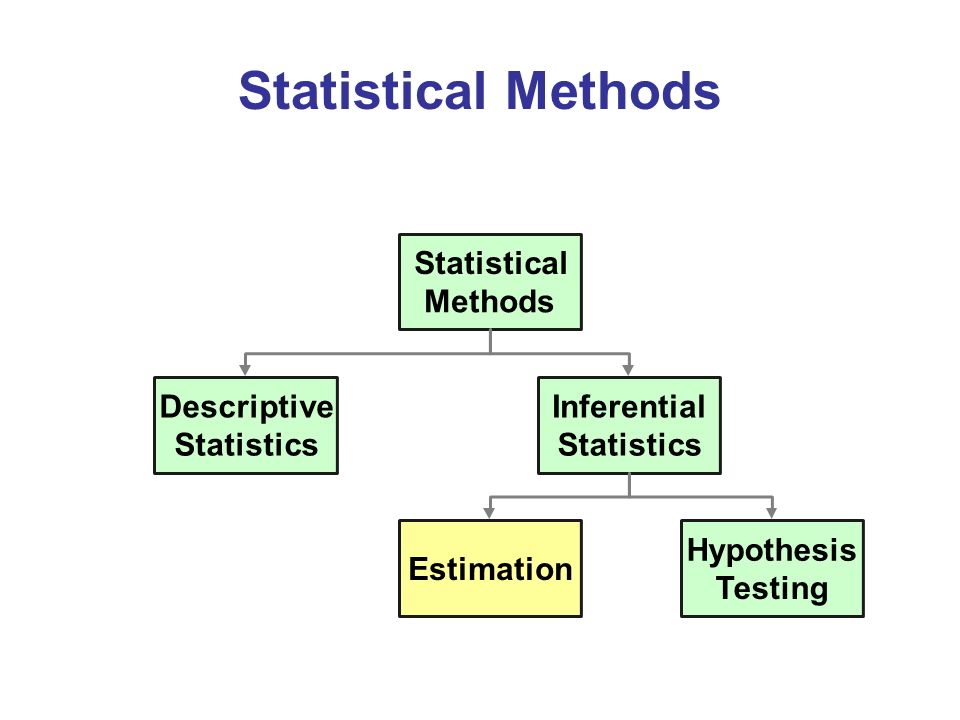In many health domains such as substance-use, outcomes are often counts with an excessive number of zeros (EZ) - count data having zero counts at a rate significantly higher than that expected of a standard count distribution (e.g., Poisson). However, an important gap exists in sample size estimation methodology for planning sequential multiple assignment randomized trials (SMARTs) for comparing dynamic treatment regimens (DTRs) using longitudinal count data. DTRs, also known as treatment algorithms or adaptive interventions, mimic the individualized and evolving nature of patient care through the specification of decision rules guiding the type, timing and modality of delivery, and dosage of treatments to address the unique and changing needs of individuals. To close this gap, we develop a Monte Carlo-based approach to sample size estimation. A SMART for engaging alcohol and cocaine-dependent patients in treatment is used as motivation.
翻译:在许多健康领域,如药物使用,结果往往被计数为数量过多的零(EZ) -- -- 计数数据零数率大大高于标准计数分布(例如Poisson)的预期值,然而,在利用纵向计数数据对动态治疗疗法(DTRs)进行比较的连续多派随机测试(SMARTs)的规划中,抽样规模估计方法存在重大差距。DTRs,又称治疗算法或适应性干预,通过规定指导提供类型、时间和方式的决定规则,模仿病人护理的个性化和不断演变的性质,以及针对个人独特和不断变化的需要的治疗剂量。为缩小这一差距,我们制定了基于蒙特卡洛的样本规模估计方法。使用酒精和依赖可卡因的病人接受治疗的SMART作为动机。



